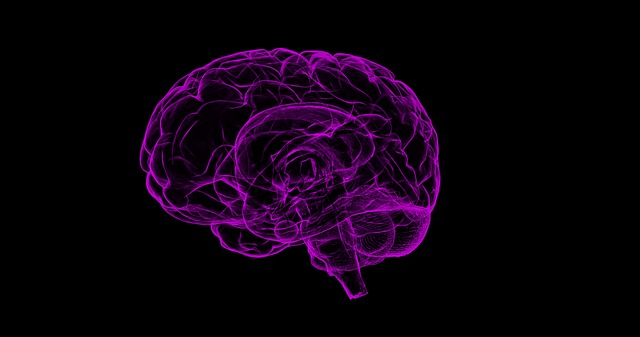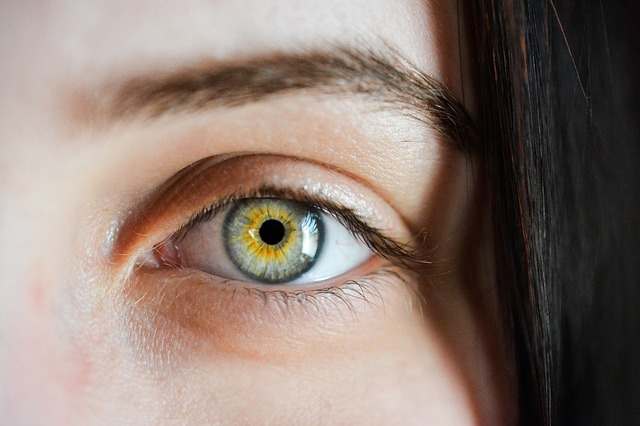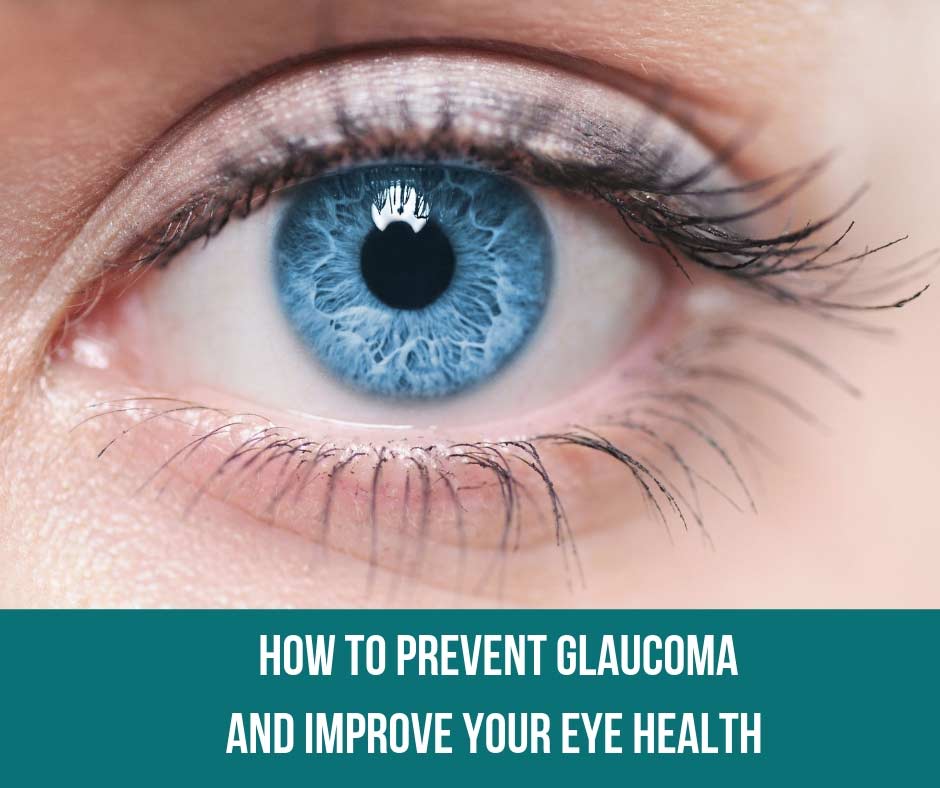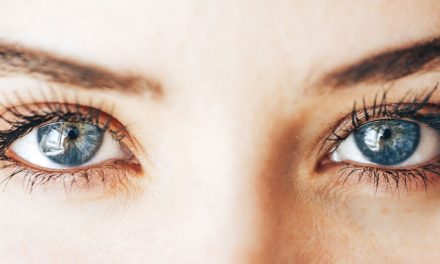Most people will experience an eye problem at some time in their lives so it is important to recognise the symptoms and know what actions you can take to remedy the problem, or better still to prevent it in the first place. Macular degeneration (AMD) is the leading cause of sight loss in the UK and USA.
In the UK, a study between 2007 and 2009 estimated there were 513,000 cases of AMD in people over 50, expected to rise to 679,000 by 2020, with 71,000 new cases each year.
The condition is usually referred to as Age Related Macular Degeneration (AMD) but is becoming more prevalent in people under 50.
What Are the Symptoms?
The condition is progressive and may not be noticed in the early stages. It affects the central vision, which is where we focus directly on an object, e.g. when reading, or looking at someone.
The first symptom is when things start to look a little fuzzy and then a greyish patch starts to appear in the middle of the vision.
A more obvious symptom can be apparent when looking at a door frame. The sides start to look bent inwards and eventually almost form a figure of eight.
If allowed to progress to its final stage, the disc in the centre of the vision becomes black, resulting in total loss of central vision.
The peripheral vision is not affected and it is possible to train yourself to look out of the side of your eye.
There are two types, wet and dry. In the case of wet AMD, the body tries to compensate for the shortage of nutrients by creating extra blood vessels. Unfortunately, these are not strong enough for the job and start leaking fluid.
Injections in the eye or lasers are used to seal the leaks, but do not address the key issue of providing nutrients, so are not a long term solution.
Doctors will often say, ‘unfortunately you have the dry type and there is nothing we can do’.
The fact is that Dry is better and progresses much more slowly.
The protocol I recommend will help both types.
What Causes AMD
Your eye needs good nutrition, with a good blood and oxygen supply.
It is a very strong, complex, organ, with millions of light receptors in the retina at the rear of the eye. The macula is a small spot on the retina where light is focused by the lens.
The macula is principally comprised of two carotenoids, Lutein and Zeaxanthin, which are obtained from a healthy diet.
Any lack of these nutrients will compromise the health of the macula.
There are a number of factors that will cause a lack of nutrition. The most obvious is a poor diet.
A diet rich in surface grown vegetables and fruits such as peppers, kiwi, sweet corn, kale are good sources of nutrients.
Even with a good diet, a poorly functioning digestive tract will limit the amount of nutrients that are absorbed. One reason why AMD affects people in later life is a deterioration of the digestive process, partly due to overcooking foods and killing the digestive enzymes.
For advice on nutrition see www.ReallyHealthyFoods.com.
What Can I do About It?
The most important issue is prevention. Whatever age you are:
- Avoid junk food
- Eat plenty of raw or lightly cooked vegetables.
- Stop Smoking
- Avoid excess alcohol – the liver is an important organ for the eyes (that’s why drunks screw their eyes up)
- Exercise regularly to maintain your cardiovascular health
- Avoid staring at screens for long periods, take regular breaks
- Wear sunglasses when appropriate. Strong sun damages the retina
What if I already have AMD?
Once you experience symptoms or are diagnosed with AMD, it is too late to rely on your diet alone to provide the high levels of nutrition required to correct the deficiency. You need to take concentrated, easily absorbed supplements.
The most effective type are those that are sprayed in your mouth, as these are absorbed 9 times better than any tablet of the same strength.
Maxifocus – provides Lutein and Zeaxanthin, together with 22 additional nutrients that studies have shown are beneficial for the eyes. Note that it does not contain Beta Carotene as many do. Recent studies have shown that it competes with Lutein and prevents it being absorbed properly.
Taurine – strengthens the cell walls and helps to remove detritus from the retina. Also beneficial for the cardiovascular system and the brain.
A particularly important recommendation is the HealthPoint Micro current Stimulator. This provides the benefits of Acupuncture, without the needles and regular use can stimulate the production of ATP, the powerhouse of cells, aiding recovery. See http://www.DoveHealth.com
A full program can be found at: http://www.goodhealthhelpdesk.com/index.php?/HelpDeskDirect/Knowledgebase/Article/View/1927/0/age-related-macular-degeneration-health-plan
For personal Health Coaching see http://www.MyGoodHealthClub.com
Conclusion:
Your eyes are said to be a window on your soul, but they are also a window on your overall health.
David Meyer
Eye Health Coach




